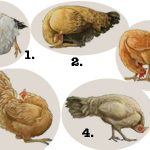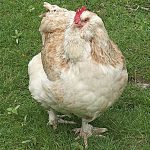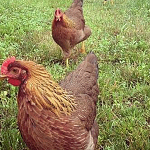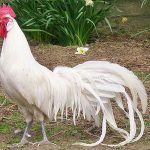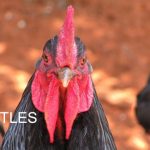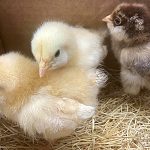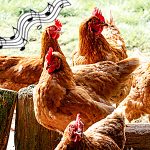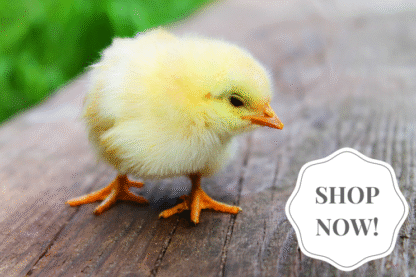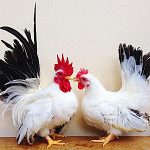
Japanese bantams bred for exhibition must have short legs, according to the Standard of Perfection. Unfortunately this trait comes with a dominant lethal gene called creeper (Cp). The creeper gene causes embryos to die during incubation, resulting in a reduced hatch rate for Japanese bantam eggs. Here’s how the lethal creeper gene works: Creeper Genetics […]
Continue Reading

